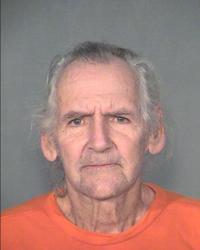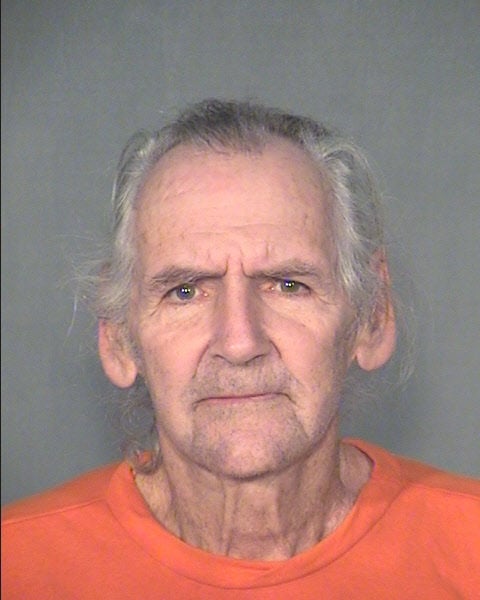PHOENIX — Prosecutors aren’t entitled to retry a man on charges of first-degree murder after being unable to convince a jury the first time that the facts matched the charges, the Arizona Supreme Court ruled Friday.
The justices concluded that Mohave County prosecutors had “a full and complete opportunity” to try to convict Philip J. Martin of first-degree murder in 2012 for killing his neighbor with a single shotgun blast. But the jurors could not agree on that charge, instead finding him guilty of second-degree murder.
That resulted in a 16-year prison term.
Only thing is, that conviction was overturned because the trial judge refused a request by Martin’s attorney to tell the jury about the right to use force in prevention of a crime. That went along with Martin’s defense that he shot his neighbor, who was on Martin’s Golden Valley property, because he feared for his own safety.
That paved the way for a new trial — and a decision by prosecutors to try again to convict him on that first-degree murder charge. The second jury went along, with Martin sentenced to life in prison.
Justice Clint Bolick, writing for the unanimous high court, said that was a legal mistake.
Central to the ruling, Bolick said, is the constitutional provision against double jeopardy, being put on trial twice for the same offense.
“The general rule is that the prosecution is entitled to only one complete opportunity to prove the case,” Bolick wrote.
He acknowledged that this does not apply in cases when a mistrial is declared because of a hung jury, where jurors cannot agree on a verdict. But Bolick said that wasn’t the case here.
The justice pointed out that the judge at the first trial told jurors that if they couldn’t agree on a verdict on the charge being brought — in this case, first-degree murder — they were free to consider what the law considers a “lesser included charge.” So when the jurors could not agree on whether Martin was guilty of first-degree murder, something that requires a finding of premeditation, they found him guilty of second-degree murder that is based on someone “intentionally causing the death of another person.”
What that means, Bolick wrote, is that prosecutors had the opportunity to try to convict Martin on the first-degree murder charge “but was unable to persuade the jury to convict.” That, the justice wrote, means they couldn’t try again.
Bolick also rejected claims by prosecutors that Martin’s successful decision to appeal his conviction for second-degree murder, the one that was overturned, somehow allows them at a second trial to try again for that first-degree murder charge.
Less clear is what happens now.
Friday’s ruling sends the case back to the trial judge, who will decide whether to allow prosecutors to try Martin a third time — this time only on the charge of second-degree murder — or to simply reduce his now-voided conviction for first-degree murder to second degree without a new trial. Prosecutors want the latter option, avoiding a new trial.
But Jill Evans, a deputy Mohave County legal advocate, said she believes a new trial — one where prosecutors aren’t arguing premeditation — gives Martin a better chance of being acquitted based on his claims of self-defense and being justified in shooting his neighbor.





